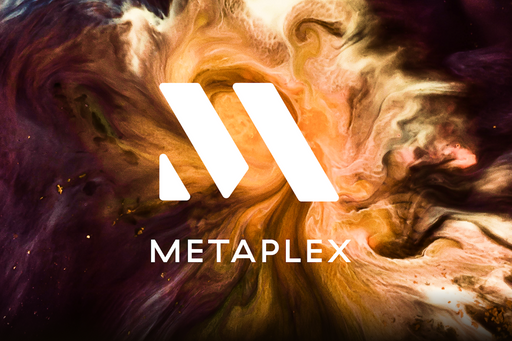
No Blockworks, Metaplex Fees Wont Push Developers Back to Ethereum
In response to community feedback, Metaplex revised its fee schedule, demonstrating its commitment to creating a sustainable, user-friendly NFT platform. This move reinforces the protocol's dedication to accessibility and community-led development.
- Published:
- Edited:
In the rapidly evolving landscape of NFTs, Solana's Metaplex has been making waves with its low-cost, high-speed blockchain technology. Recently, Blockworks discussed potential implications of Metaplex's fees in an article titled "Will Solana's Metaplex Fees Push Developers Back To Ethereum?" However, Metaplex's community-focused response to these concerns suggests that the protocol's fees may not deter developers but rather reinforce the platform's commitment to flexibility and community engagement.
Deciphering the Fee Furore
In an effort to sustain its operations, Metaplex recently proposed a "Token Metadata immutability plan" that entailed the introduction of certain network fees. This move, however, was met with strong backlash from the community, leading to heated discussions and calls for forks.
Despite the initial discontent, Metaplex's response is noteworthy. The company promptly revised its plan, eliminating several proposed fees, especially those that might impede important and emergent use cases. The protocol emphasized its dedication to keeping updates, verifications, freezes, and thaws free of cost. This decision, stemming from direct community feedback, signifies Metaplex's commitment to listening to its users and adapting its policies accordingly.
Fees as a Sustainability Measure
While the notion of forking Metaplex's open-source code was brought up in the community as a potential solution to the fee concerns, this isn't a viable path. Metaplex's license allows anyone to fork its programs even for a competitive use case, but the fees cannot be removed, replaced, or modified. This structure may seem restrictive, but it is essential to acknowledge the need for a business model that can sustain the platform's continued development and growth.
The funds raised from the creator fees will be used to finance the development work on the Token Metadata immutability roadmap and the broader suite of Metaplex programs (Candy Machine, Auction House, Compressed NFTs), and developer tools (SDKs, Amman, Umi, Solita). This reinvestment into the platform's growth underscores that these fees are not simply a revenue generator, but a necessary aspect of ensuring long-term viability and constant evolution.
Striking a Balance Between Necessity and Accessibility
Despite some initial concerns, the introduction of certain fees is not a sign of Metaplex becoming less accessible or attractive to developers or users. The platform has shown a clear willingness to adjust based on community feedback and aims to strike a balance between necessary operational costs and the financial burden on its users. Furthermore, Metaplex has taken steps to ensure that the fees are spread across individual minters, rather than placed solely on the creator, maintaining the platform's appeal to content creators.
Metaplex vs Ethereum: The Evolutionary Pace
Solana's Metaplex and Ethereum offer different environments for developers. Ethereum, with its slower mainnet development but rapid layer-2 evolutions, provides a stable protocol with flexible, cost-effective options. On the other hand, Solana's core advantage lies in its speed and low-cost operations, making it an appealing alternative for many developers.
Indeed, rapid changes may sometimes lead to hiccups, but they also display a platform's capacity to adapt and evolve. In this case, Metaplex's response to the community's concerns about fees underscores this point.
Conclusion
In conclusion, while concerns about Metaplex's fees have been voiced, the protocol's community-centric response demonstrates its dedication to providing a user-friendly platform. Their swift action in revising fees based on feedback reinforces that their core focus is on building a sustainable, accessible platform for the community. Far from pushing developers back to Ethereum, this kind of responsive action might actually bolster confidence in Metaplex's commitment to its users and foster a more robust, dynamic, and community-led development environment.


